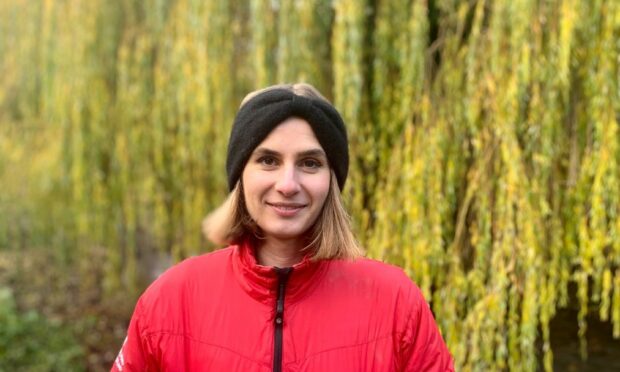Grants to create and manage woodlands should be used to provide affordable housing in rural areas, according to an environmental charity.
The Woodland Trust Scotland (WTS) is among the organisations and businesses that have struggled to find staff accommodation in areas where homes are scarce or too expensive.
It is also investigating handing over part of land it owns to develop community housing.
The trust believes future forestry grants should be used to help communities buy land, develop forest enterprises and affordable housing.
Housing provision should also be part of larger woodland creation projects by private and other buyers.
Consultation on forest grants
The trust is responding to a consultation on the future of the Forestry Grant Scheme.
It argues there should be strong links between the grant scheme and the community empowerment and land reform agendas.
The trust says a requirement to assess community housing opportunity for woodland creation sites above a certain hectare threshold should be considered.
“For larger schemes, an assessment should be made to scope combining the tree planting scheme with allocating land for affordable housing and then working with a housing trust to deliver this.
“Addressing the nature and climate crises needs people living and working in land management in Scotland. We need to link subsidies with community revival.”
WTS bought the Couldoran Estate in Wester Ross in 2021 after an £8 million appeal. It will work to conserve and expand the woodland in the area.
It is in talks with environmental lawyer Kathryn Rae. She launched a new charity to buy Couldoran House and turn it into Scotland’s Rainforest Centre.
It is also in discussion with the Communities Housing Trust. This is on a potential affordable housing scheme on part of the estate.
Arina Russell, WTS policy and advocacy manager, said the estate ranger took a year to move into the area due to a lack of housing.
She added: “We want to provide local jobs through the work we do and enhance the rural economy.
“Restoring woodland and peatland and providing a mosaic of habitats is going to be done by people who live and work there.
“So there needs to be these additional tangible benefits.
Creating a model for others
“More of us have to wake up to the fact we need to do this more holistically.
“It’s not just planting trees in the ground, but also looking at the wider picture of rural livelihood.”
She hopes other environmental organisations will think of using their land for social benefit.
“I hope, and have fingers and toes crossed, that this opportunity comes off.
“I would love for the woodland trust to be one of the NGOs that has delivered this and creates a model for others.”
Are you interested in more exclusive and breaking Highland and Islands news from the P&J? If so, why not join our dedicated Facebook page HERE


Conversation